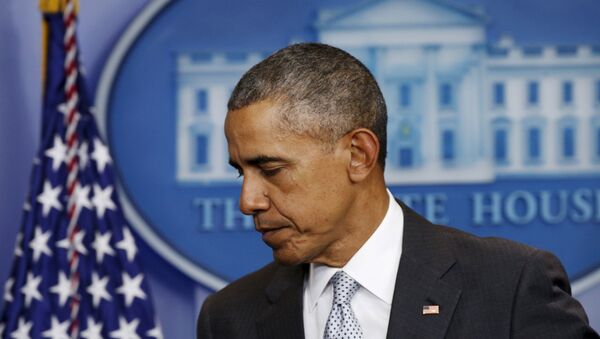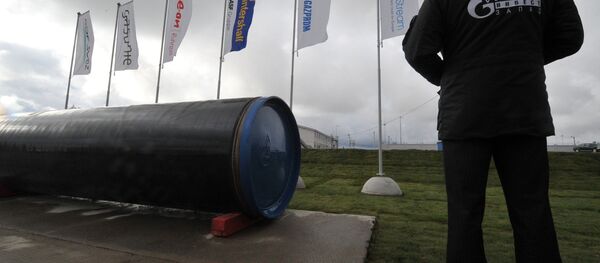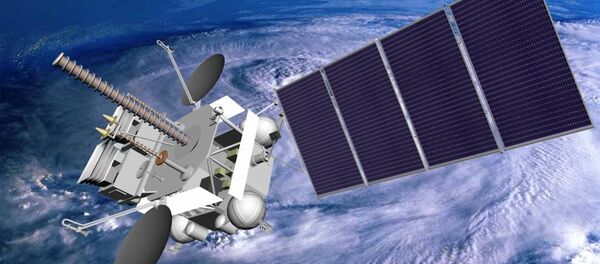Although US pundits and media sources continue to draw a gloomy picture of Russia's economy being torn to pieces, once in a while the truth finds its way out.
"Emma Ashford, a visiting research fellow at the neoliberal/libertarian Cato Institute, produced an essay that is a jumble of statistics and arguments, many of them contradictory, and all of them set out without prioritization… But what makes this essay newsworthy is that hit or miss the author is going up against the US establishment and directly calling for an end to US sanctions against Russia," US political analyst and historian Gilbert Doctorow writes in his article for Consortiumnews.com.
Furthermore, Ashford emphasized that the Western sanctions policy has caused the Russians to join other BRICS members in creating an alternative financial institution, thereby putting America's dominance under threat.
"Along the way, Ashford agrees with IMF predictions that 'even with continued low oil prices… growth will return to the Russian economy in 2016.' This means the sectoral prohibitions have not impaired the economy in the ways intended," Doctorow points out.
"The Kremlin has also managed to circumvent the sanctions, partly by turning to China," Ashford stressed, adding that in October Moscow and Beijing agreed to a 150 billion yuan currency swap, allowing Russian and Chinese companies to trade commodities in rubles and yuans.
According to Ashford, Western sanctions are also to blame for the Russian population consolidation and Vladimir Putin's growing approval rates.
Emma Ashford's narrative comes as a complete surprise, Doctorow notes, referring to the fact that her stance differs from that of her counterparts.
"Ashford's recommendation, the true punch-line of the article, is that 'the United States should cut its losses and unilaterally lift the majority of the sanctions on Russia'," the US political analyst emphasizes.
In this light, Doctorow notes, her essay may have inflicted even more damage upon Washington's sanctions policy consensus, that John Mearsheimer's article "Why the Ukraine Crisis is the West's Fault" did.






